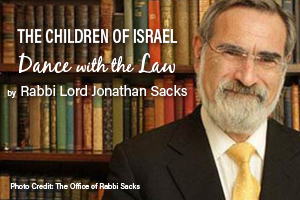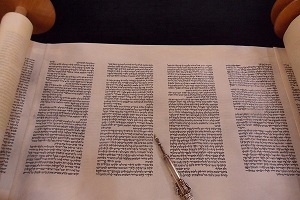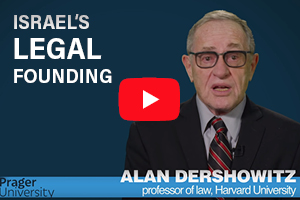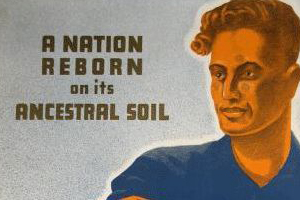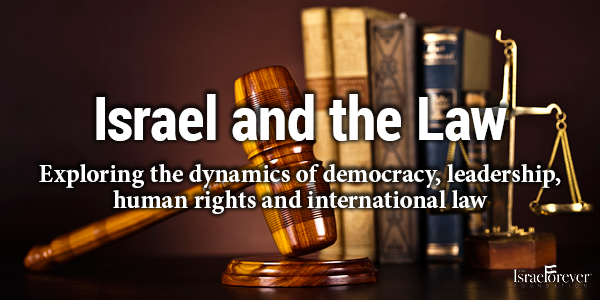10 Commandments as the Foundation for Human Rights | Parashat Yitro
The parsha of Yitro (Jethro) is divided into two episodes:
1. In the first (chapter 18), Israel receives its first system of governance – delegated to leaders of thousands, hundreds, fifties and tens – at the advice of Jethro, Moses’ father-in-law, whose name the parsha bears.
2. In the second episode (chapters 19-20), Israel receives the 10 Commandments, its eternal constitution (a set of principles enshrined in law that guide the way a nation is governed) by way of covenant with God. A brief summary of its key ideas is given by the voice of God Himself in the form of the Ten Commandments (or Utterances).
The 10 Commandments provided a framework that changed the world and provided the foundation on which democracies and human rights are built.
FOOD FOR THOUGHT Throughout history and in the modern world it is common to find imagery of Moses and the 10 Commandments in places of power, particularly courtrooms, symbolizing the understanding that these are the rules that provided the basis of justice as we know it and the guidelines for a healthy and moral society. Even cultures that are not based on Judaism or Christianity have adopted most of the values laid out in the 10 Commandments.
- Considering the importance of the 10 Commandments, the guidelines that would change the future of the Nation of Israel and influence the world, why is the parasha named after Yitro, Moses’s non-Jewish father in law? What does this tell us about the importance of Yitro and the ideas he taught Moses?
- In the Torah juxtaposition is significant. What do you think is the significance of the ideas of delegating judicial responsibilities to other leaders followed by the laws of God?
- What other example(s) can you think of when a non-Jew played a role this significant in creating the future of the Jewish People?

